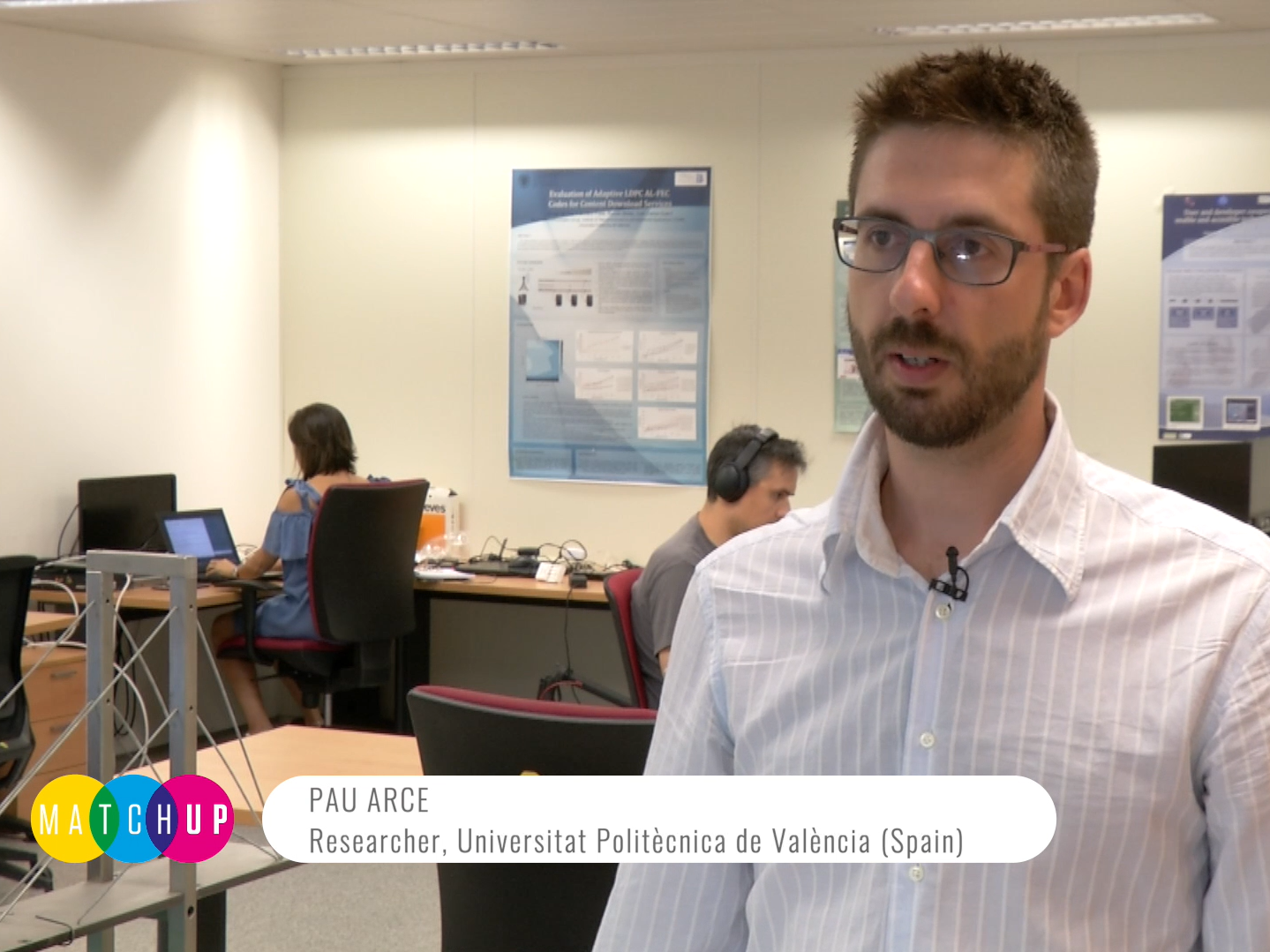Valencia: sensors on public buses to make passengers happier and cut air pollutants
In many European towns new models of electric or hybrid buses continue to be introduced, but exhaustive data about the behaviour of these vehicles is still lacking. An interesting case study may come from Valencia, Spain, where researchers are testing sensors on hybrid and electric buses to detect their location, speed and power consumption. The devices also provide data about passenger comfort, including temperature, humidity, air quality and noise level. Vehicle occupancy is also analysed, since the power required to accelerate the bus depends on its gross mass, and this includes the overall passenger mass. Comparing aggregation of measurements, real-time data and even predictions, scientists hope to obtain enhanced eco-friendly performances for the fleet. Pau Arce, researcher at the Polytechnic University of Valencia, explains that the behaviour of public bus drivers is also very important in saving energy: “I am referring to their driving style: how they brake and what level of acceleration is obtained by pressing the pedal. By slicing and dicing all the data, we will be able to advise drivers about how to drive more ecologically.” The study is carried out under the EU smart city project MAtchUP, aimed at contributing to create a more liveable urban environment. Watch the video interview with Pau Arce here
Keywords
electric bus, hybrid bus, power consumption, air quality, noise level, eco-friendly performances, energy save, smart ciy



